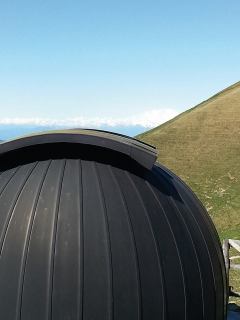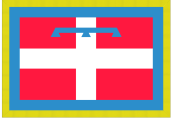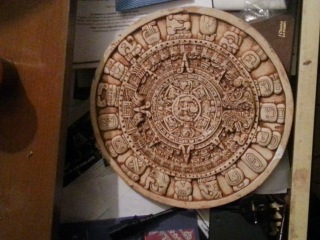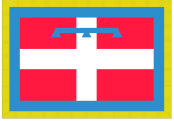
 Blog di Luigi Alfonso Viazzo aggiornato e completo @
Blog di Luigi Alfonso Viazzo aggiornato e completo @
http://luigialfonsoviazzo.altervista.org
Nonostante per molti ormai la vera lingua universale sia l’inglese (in realtà, come ammonisce un detto, ognuno di noi parla un inglese diverso, però, da quello di tutti gli altri…), l’Esperanto ha continuato per la sua strada; e ha sviluppato la sua personalità in vari campi del sapere: poesia, prosa, teatro e musica. E non mancano sviluppi nel campo dell’informatica, dove la semplificazione del (o dei) linguaggi è sempre la benvenuta, in particolare nel settore della linguistica computazionale (una sorta di branca linguistica studiata per lo sviluppo dei programmi dei computer). In quest’ultimo campo (ma non solo) è particolarmente apprezzata la scarsa ambiguità legata ai vari termini dell’Esperanto; l’interpretazione, infatti, se da un lato è fonte di ricchezza, dall’altro può generare vari “inconvenienti”…
Il link @ Errori Temporali
English version
Although for many now the true universal language is English (in reality, as a saying admonishes, each of us speaks a different English, however, from that of all the others …), Esperanto has continued for its Street; and has developed his personality in various fields of knowledge: poetry, prose, theater and music. There is no lack of developments in the field of computer science, where the simplification of (or the) languages is always welcome, especially in the field of computational linguistics (a sort of linguistic branch designed for the development of computer programs). In this last field (but not only) the scarce ambiguity linked to the various terms of Esperanto is particularly appreciated; in fact, if on the one hand it is a source of wealth, on the other it can generate various “drawbacks” …
Also on the scholastic side there are interesting developments; some studies on the subject have shown how easy it is to learn from self-taught (even in adulthood), while other research states that, if learned at a young age, it helps the knowledge of other foreign languages.
At the German University of Paderborn (North Rhine-Westphalia), the homonymous method that provides for the (biennial) study of Esperanto preparatory to learning a foreign language has been “patented”. What better language, perhaps, to deal with aliens …
Il video… Hello (Adele Cover) – Esperanto version
Traduzione in latinorun per gioco (by Google Translator)
Etsi enim multa iam est Lingua Latina verum universae (quidem secundum se observavit dicitis ait omnis alia Latina, quamquam, ut aliorum omnium …), in Esperanto continuat eius via; et auxit in personalite in variis campis scientiae poetica prosa, theatrum et musica. Et in explicationibus in agro, simpliciorem de quibus (vel ex) semper receperint linguis, praecipue in agro computatralium laborabat (genus progressionis in computatrum progressio disposito linguae genere). Extremo terrae (non solum) sine ambiguitate gratum praecipue secundum diversas Finnica alligatur; interpretatio quidem si ex una parte est fons divitiae in manibus potest generate alterum variis “vitia” …
Etiam elit schola tabulis hinc progressus; ut ostensum est in studiis pars subiecti quia non est facile ut cognoscere se, docuit (in pubis), research insinuat quod in aliis, si ad iuvenes aetatis adjuvat didicit scientia aliena linguis aliis.
Ex Germanico in Universitate Paderborni (in Septemntrione Rheni-Vesfaliae) certificata est, inter alia, ut involves eponymous modum studiis (duo anni) Esperanto quod necessarium est ad discendi linguam alienam. Quid magis sermone fortasse suis, ut tractaret cum alienis sequamur …

Clascificaçion de lengue
In to studio scistematico, a maggiô parte de lengue a poeu esê raggruppâ in famigge lengoisteghe…
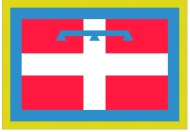
Spunto in Piemontese by Wikipedia
Për alfabetisassion a s’antend esse bon a lese e scrive. Esse bon a lese e scrive a l’é na ròba amportanta ant la società moderna…
Photo by Luigi Viazzo with Samsung Galaxy S3
